News
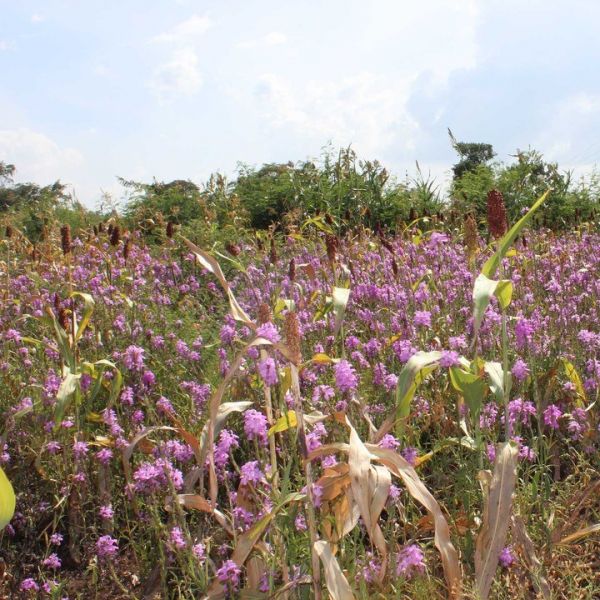
Feb 11, 2020
Local genetic adaption helps sorghum crop hide from witchweed
Sorghum crops in areas where the agricultural parasite striga, also known as witchweed, is common are more likely to have genetic adaptations to help them resist the parasite, according to new research led by Penn State scientists.
Full Article

Feb 07, 2020
Scientists solve structure enabling cyanobacteria to thrive in low light
Scientists have determined the structure of the protein complex that gives cyanobacteria their unique ability to convert weak, filtered sunlight into useable energy. Their findings could one day be used to engineer crops that thrive under low-light conditions.
Full Article
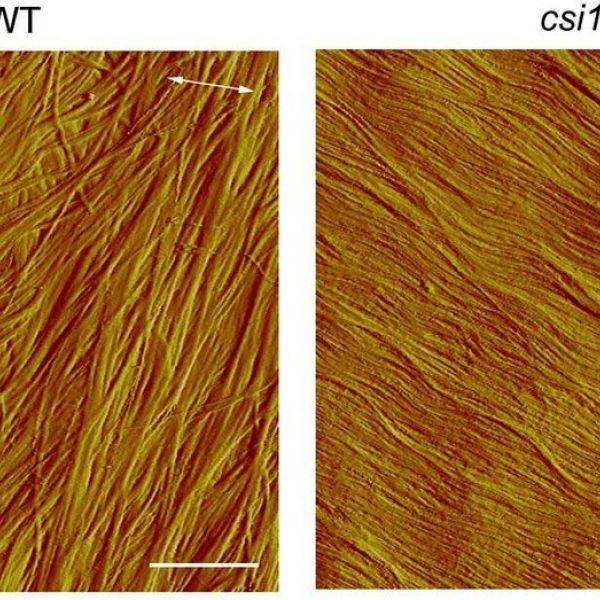
Feb 05, 2020
Herringbone pattern in plant cell walls critical to cell growth
Plant cells tend to grow longer instead of wider due to the alignment of the many layers of cellulose that make up their cell walls, according to a new study that may have implications for biofuels research.
Full Article
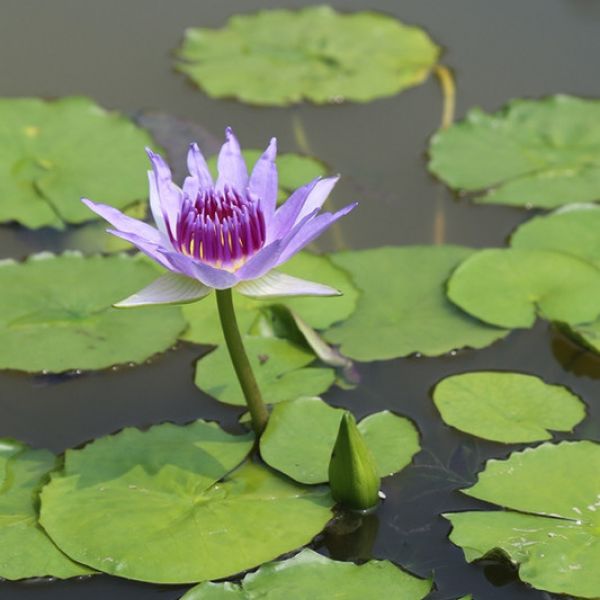
Jan 08, 2020
Water lily genome expands picture of the early evolution of flowering plants
The newly reported genome sequence of a water lily sheds light on the early evolution of angiosperms, the group of all flowering plants. An international team of researchers, including scientists at Penn State, used high-throughput next-generation sequencing technology to read out the water lily’s (Nymphaea colorata) genome and transcriptome — the set of all genes expressed as RNAs.
Full Article
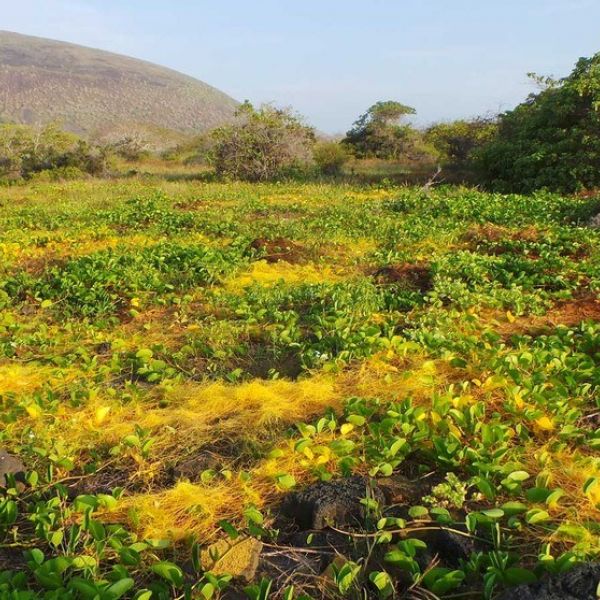
Dec 18, 2019
Agricultural parasite avoids evolutionary arms race, shuts down genes of host
A parasitic plant has found a way to circumvent an evolutionary arms race with the host plants from which it steals nutrients, allowing the parasite to thrive on a variety of agriculturally important plants. The parasite dodder, an agricultural pest found on every continent, sends genetic material into its host to shut down host defense genes.
Full Article
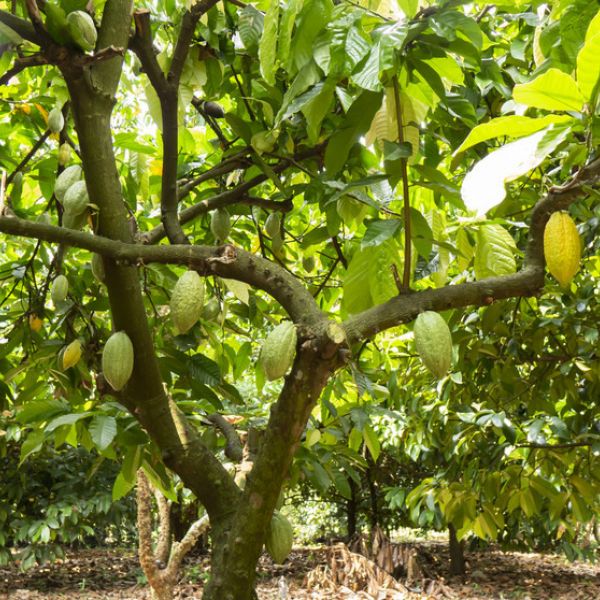
Dec 09, 2019
Novel way to ID disease-resistance genes in chocolate-producing trees found
Chocolate-producing cacao trees that are resistant to a major pathogen were identified by an international team of plant geneticists. The findings point the way for plant breeders to develop trees that are tolerant of the disease.
Full Article

Nov 08, 2019
Global Faculty Fellow will create connections between Penn State and Colombia
Siela Maximova, research professor of plant biotechnology, has been named a Global Faculty Fellow in Penn State's College of Agricultural Sciences and a Land Grant University U.S.-Colombia Fulbright Scholar.
Full Article

Oct 30, 2019
One avocado a day helps lower 'bad' cholesterol for heart healthy benefits
Move over, apples — new research from Penn State suggests that eating one avocado a day may help keep “bad cholesterol” at bay. According to the researchers, bad cholesterol can refer to both oxidized low-density lipoprotein (LDL) and small, dense LDL particles.
Full Article

Oct 07, 2019
Mackenzie Named Inaugural Director of Plant Institute
Sally Mackenzie sees a unique opportunity for Penn State to address complex global challenges in an unprecedented way.
Full Article
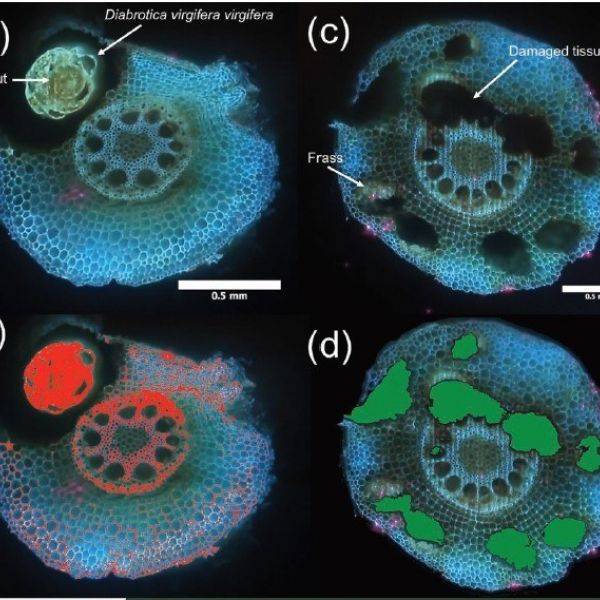
Sep 17, 2019
Novel use of laser technology reveals interactions between roots, soil organisms
A novel use of a custom laser system — developed in Penn State’s College of Agricultural Sciences eight years ago — allows researchers to see how soil organisms affect plant roots.
Full Article